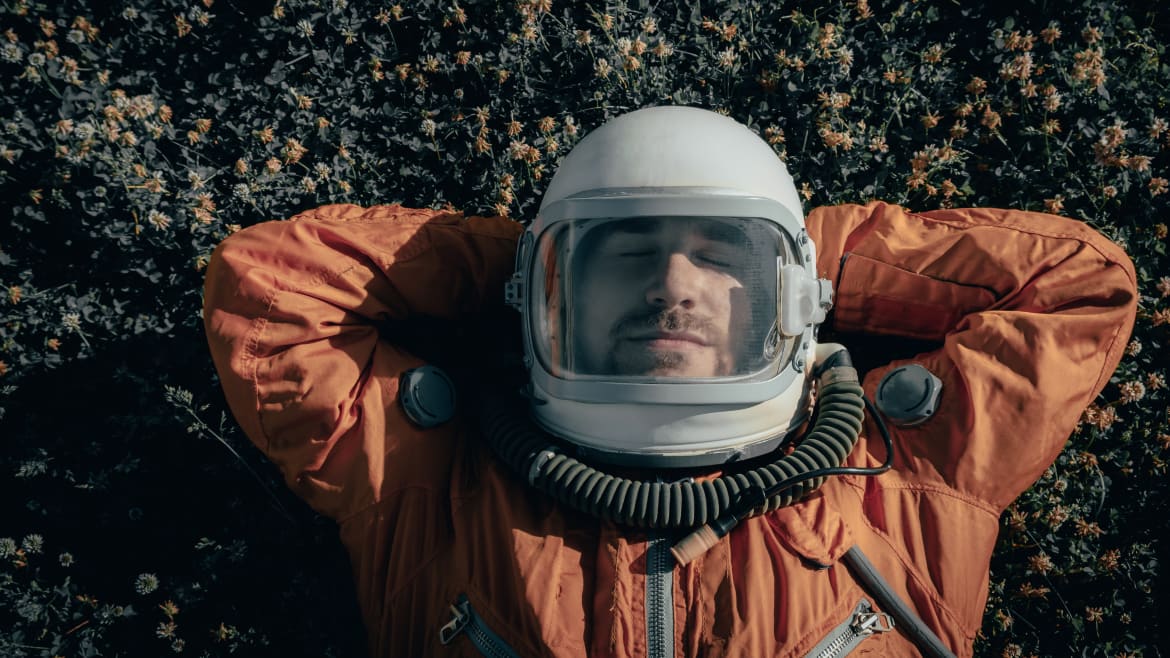via Getty
Ideally, future astronauts traveling to strange alien worlds would be able to hibernate like bears. The ability to lower your metabolism and body temperature would come in handy during deep space flights, which could last years, perhaps decades. Not only would this mean that crew members would eat less food, but they’d also be able to conserve energy while staving off cabin fever, and preventing loss of muscle and bone density in zero gravity.
Alas, astronauts are not bears. However, researchers are hard at work trying to come up with ways that we could simulate hibernation—also known as torpor—in humans in order to help address issues that’ll no doubt become more important as we get closer to colonizing the cosmos.
A team of scientists at Washington University published a study on Thursday in the journal Nature Metabolism where they successfully used ultrasound to induce a hibernation-like state in mice and rats. The approach is non-invasive and targets regions of the brain to induce the torpor state in the rodents.

